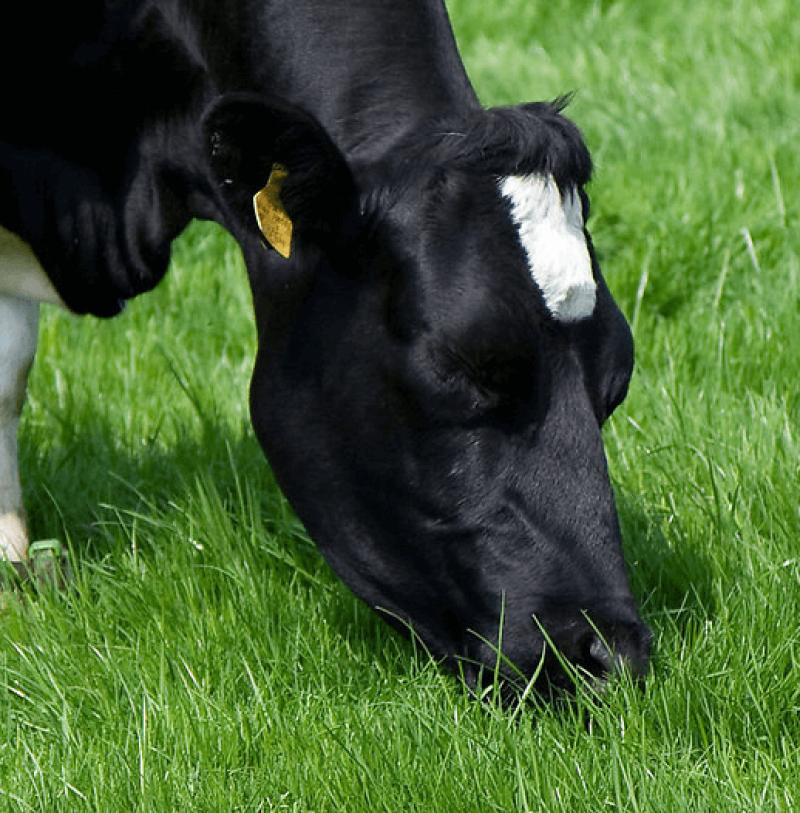The grass is about to get greener thanks to DNA technology out of Denmark. Researchers say they’ve genetically modified a “super grass” that is easier on cow’s stomachs… “It is simply a better diet for the cow, which can utilize the feed more efficiently and therefore doesn’t release as much methane when it burps,” says Torben Asp of Aarhus University’s Department of Molecular Biology and Genetics.
What’s more, by being easier to digest, the grass is likely to help improve milk production, too. Denmark’s’ environment minister Esben Lunde Larsen tells Berlingske that it’s “a good example of future sustainable food production…” The US Food and Agriculture Organization predicts that agricultural methane emissions could jump 60% by the year 2030, much of it attributable to the world’s 1.5 billion cows, reports the Independent…
The GLP aggregated and excerpted this blog/article to reflect the diversity of news, opinion and analysis. Read full, original post: ‘Super Grass’ to Reduce Methane Emissions From Belching Cows































